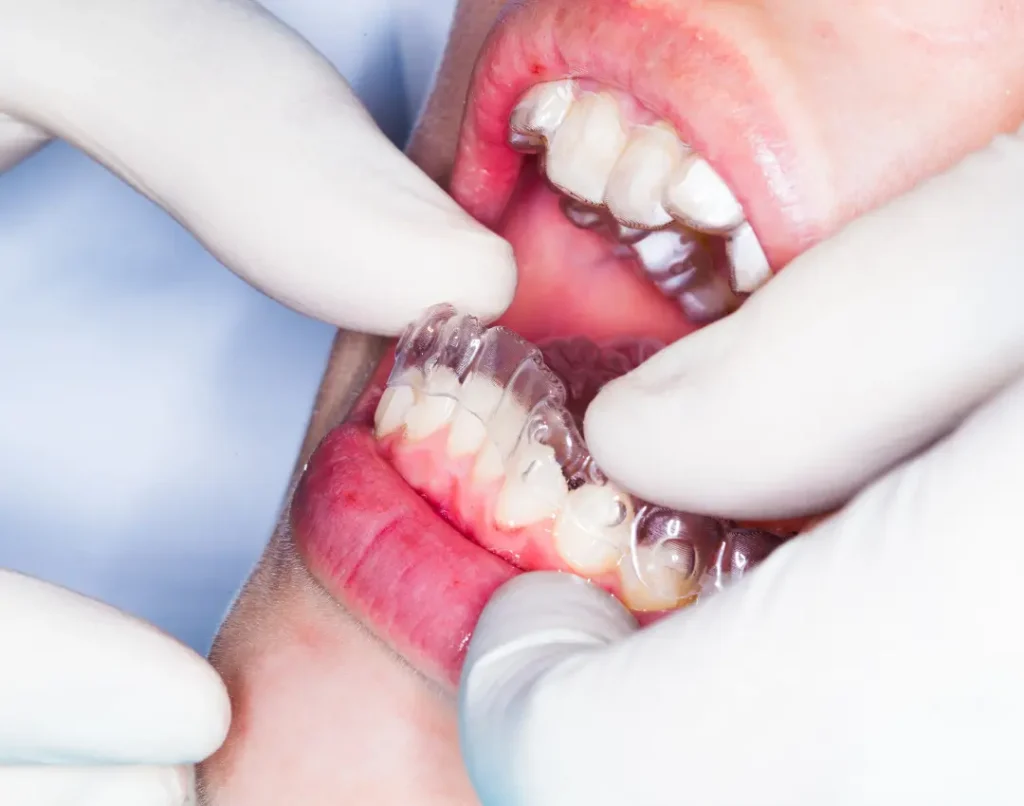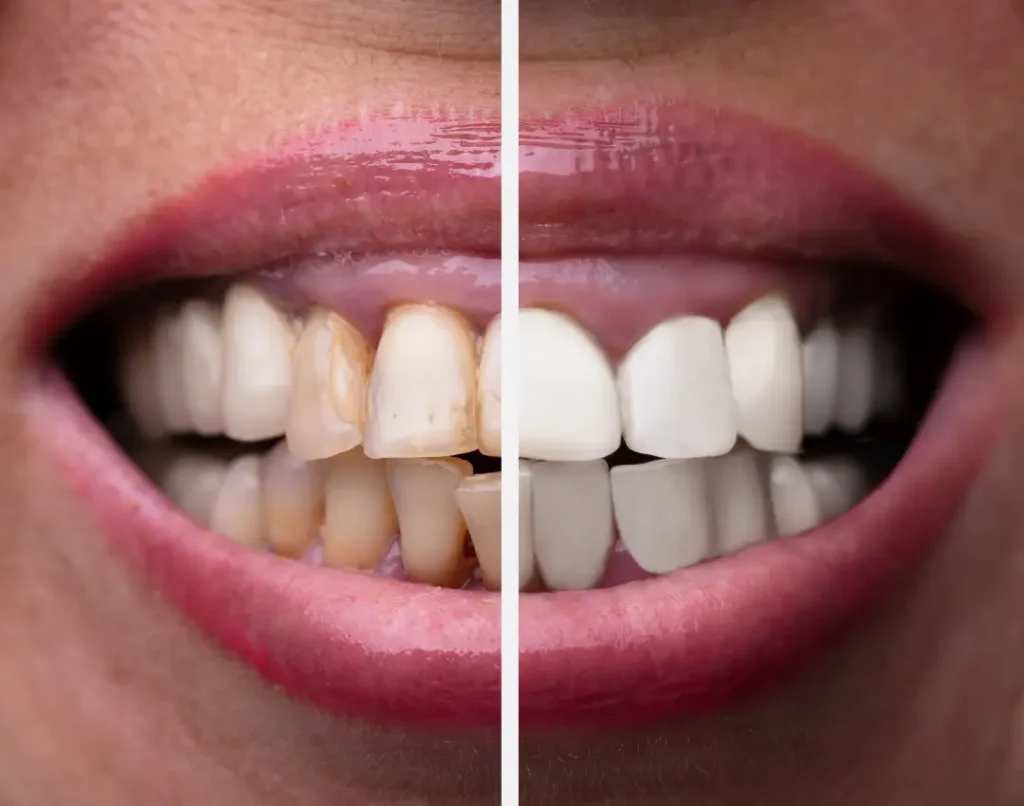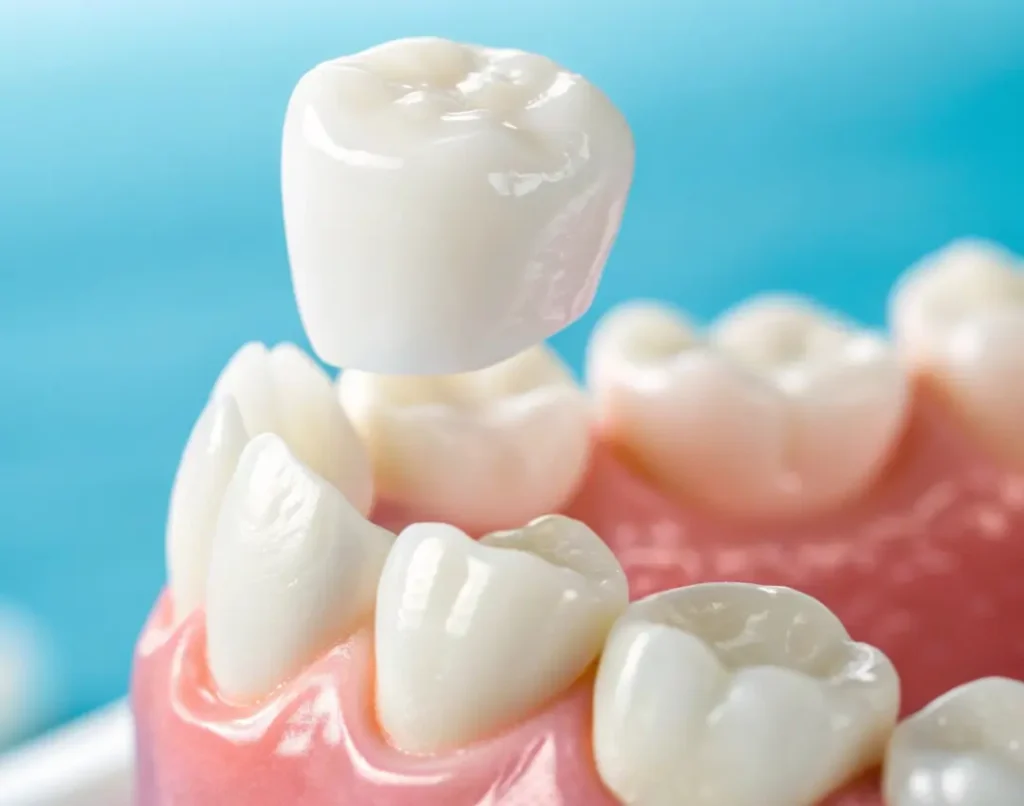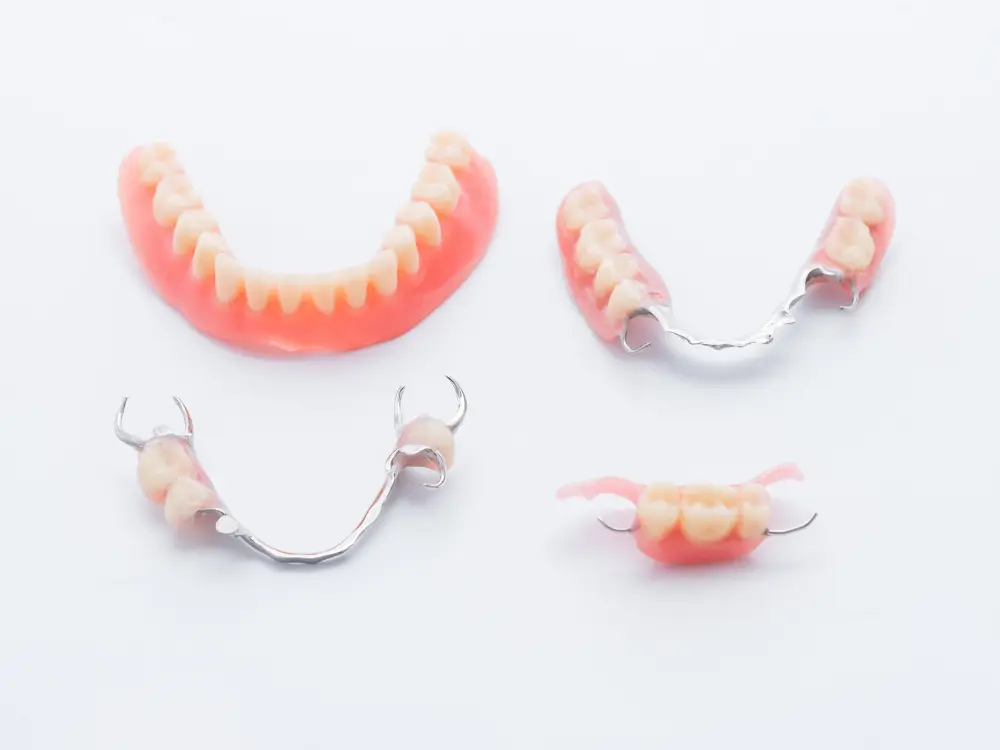I know exactly why you’re here reading this.
Maybe you just walked out of a dental clinic feeling more confused than when you walked in. Your dentist threw around words like “veneers” and “crowns” and said something like “we could do either one”, leaving you wondering what on earth the difference is and which one you actually need.
Or perhaps you’re sitting there with a treatment plan that mentions both, and you’re thinking, “Wait, I thought I was just fixing one tooth. Why do I need two different things?”
Maybe you’ve had veneers for years, and now your dentist is talking about crowns, and you’re worried something went wrong.
Or you’re simply trying to budget for your smile makeover and can’t figure out which option makes more sense for your wallet and your teeth.
After 15+ years as an implantologist in Pune, I’ve sat across from hundreds of patients with that exact same puzzled expression. Today, I’m going to clear up this confusion.
Before we dive in, let me give you a simple way to think about this. Imagine your tooth is like a house:
Now, when would you choose siding versus a new roof? That depends on what’s wrong with your house (or tooth) in the first place.
Your dentist looks at your chipped front tooth and says, “We could do a veneer or a crown.”
What’s going through your mind: “If both can fix it, which one should I pick? Is one better? Why didn’t they just tell me what I need?”
Here’s the reality: Sometimes, you’re in that sweet spot where your tooth could genuinely go either way. Think of it like choosing between repairing your car’s dented door or replacing the whole door – both will work, but each has different benefits.
The real question is: What matters most to you?
You need multiple teeth fixed, and your treatment plan indicates that some will receive veneers while others will receive crowns.
What’s going through your mind: “Why can’t they just do the same thing to all my teeth? This seems unnecessarily complicated.”
Here’s what’s actually happening: Each tooth has its own story. That front tooth that’s just discoloured? Perfect candidate for a veneer. That back molar that had a root canal? It absolutely needs the full protection of a crown.
It’s like renovating different rooms in your house – your living room might just need new paint (veneer), but your bathroom with the water damage needs a complete overhaul (crown).
You’ve had veneers for years, and now your dentist wants to do crowns.
What’s going through your mind: “Did my veneers fail? Did I make the wrong choice? Is this going to cost me double?”
Take a deep breath. This doesn’t mean you made a mistake. Sometimes teeth change over time. Perhaps you’ve been grinding your teeth at night, or a tooth has developed a crack, or you require a root canal. When the underlying tooth structure changes, a crown may become a better long-term solution.
Think of it like upgrading from a screen protector to a full phone case when you realise you need more protection.
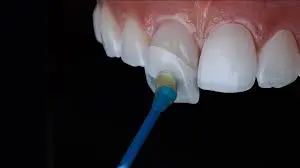
What they are: Thin shells (think contact lens thin) that cover just the front surface of your tooth.
When you need them:
Consider veneers when your tooth’s structure is mostly healthy, but its appearance needs improvement.
The truth: Veneers are excellent for cosmetics, but they’re not miracle workers. If your tooth has serious structural issues, a veneer is like putting a Band-Aid on a broken bone.
What they are: A cap that covers your entire tooth from every angle, like a helmet.
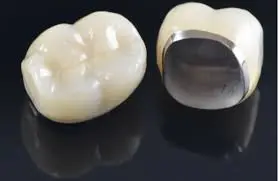
Think of crowns when your tooth needs both cosmetic improvement and structural support.
The honest truth: Crowns are the workhorses of dentistry. They’re not just about looks – they’re about saving your tooth for the long haul.
Crowns typically last 10 to 20 years. Veneers last 7-15 years. But here’s what really matters: the proper treatment for your specific situation will always last longer than the wrong one, regardless of general statistics.
Generally, crowns cost more than veneers. But don’t let cost be your only deciding factor. Choosing a cheaper option that fails earlier may ultimately prove more costly.
Both can look incredibly natural when done right. The key is working with a dentist who understands aesthetics and takes time to match your natural teeth.
Both procedures are done under local anaesthesia. You shouldn’t feel pain during the procedure. Some mild sensitivity afterwards is normal and temporary.
A good dentist will take the time to explain your options and help you understand why they’re recommending what they are.
Ask yourself these questions:
Here’s what I want you to remember: There’s no universal “better” choice. The best option is the one that solves YOUR specific problem in a way that fits YOUR lifestyle, budget, and goals.
Veneers aren’t inferior to crowns, and crowns aren’t overkill for cosmetic issues. They’re different tools for different jobs.
Your dentist should be able to explain in simple terms why they’re recommending what they’re recommending for your specific situation. If you’re still confused after the explanation, that’s okay – ask more questions or seek a second opinion.
Remember, this is your smile we’re talking about. Take the time to understand your options and feel confident in your choice.
If you’re in Pune and still feeling uncertain about veneers and crowns for your specific situation, I’d be happy to discuss your case. Sometimes, a simple conversation can clear up months of confusion.
After all, your smile is worth getting it right the first time.
